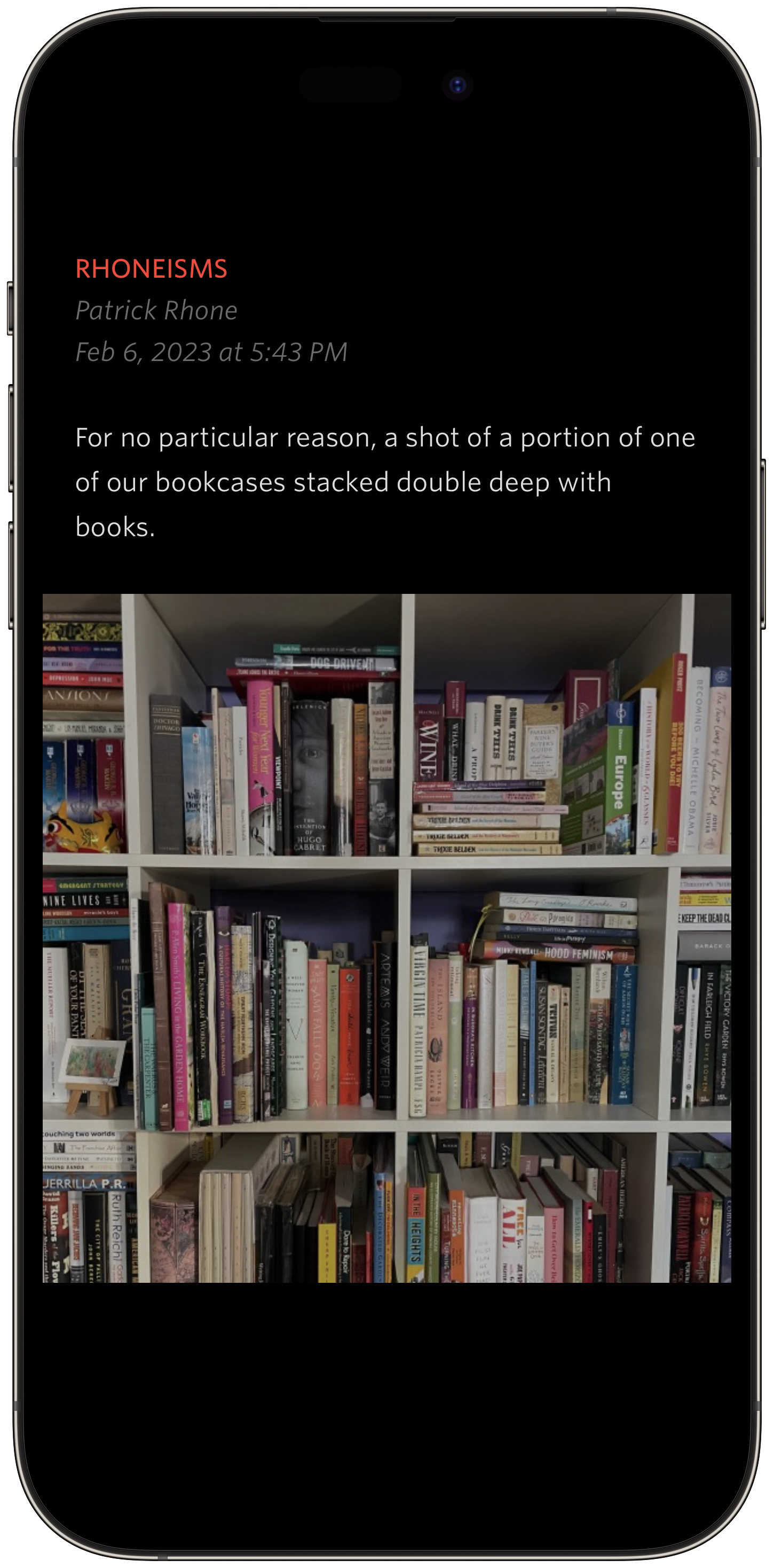Your Smartest Dumb Tech
If the resurgence of blogging and newsletters wants to remain sane, it should really be a resurgence of RSS.
Email has new problem.
For the longest time, I’ve advocated for publishing by email as the most independent, universal, and effective form of getting the word out about anything.
That’s still true. There’s no better investment.
But it’s hard to ignore the growing influence of email’s biggest enemies — email service providers and email clients.
Email is rotting from the inside.
These services are unable to keep up with privacy measures, and deliver on the promises in their marketing. Publishers can’t rely on data anymore and readers are missing important stuff that used to just show up. And it all seems to be getting worse.
Like land lines, email will be around long after I’m gone. It will just have less influence in the long-term. That’s what destroying trust does. Ask Facebook or “the phone company.”
Solutions have problems too.
As very-online nerds, we tend to believe there’s universal alternatives for universal problems. We believe that, because it was once true — back when the internet was just a handfull of nerds like us.
I think the solution for this problem will be less universal.
That’s OK. We should be diversifying anyway. How you publish and consume need only last (at maximum) your lifetime. Calculate and adjust accordingly.
Be everywhere.
I asked Tim Stoddart, content strategy expert and Copyblogger exec, about how he was dealing with email insecurity as a publisher. His sage and overly-indexed-for-executive-fiction advice? Just be everywhere.
He’s right.
It’s simple, but difficult. The future of publishing will be about meeting the reader/viewer/listener where they want to be.
Your old friend is your new superpower.
For now, being everywhere at once with the most control, and the least amount of time and effort, means embracing an old technology: RSS.
Accept that most non-nerds will never become RSS power users. We’re not trying to find a universal solution. And chances are, if they're using social media, they’re already RSS publishers and don’t know it.
I realize the antique nature of RSS, but it’s always been the answer — a true “open” network that the general public may actually willing to use (see Reader in the old days, podcasts and social posts today).
I never neglected RSS, but (I'm guessing like you) I never really used it to its fullest either. This winter, I decided to change that.
To hell with the algos!
I publish on Ghost, so everything I post to the web is sent out by RSS to email and social media without third party tools. Add third party tools, and those capabilities expand to more social networks and content tools that compile (way too many unfinished) books and newsletters.
Yes, I know, this is exactly what Seth Godin has been doing for 15 years. What can I say? He knows his stuff.
I don’t worry about formatting for each social network. That’s a distraction. Solve for the greatest of creator problems first: consistency.
I’m also looking into new AI transcription tools to include audio and video versions. They’ve gotten pretty good, and this may be the next frontier for accessibility and international distribution.
Good start.
On the consumption side, I’ve been using Feedbin for many years, but I’m starting to use it for more than just blogs:
- Newsletters
- Social feeds
- YouTube channels
- Podcasts (Feedin has their own bespoke app for this)
- Read-later feeds
- eBooks
- Individual web page updates
I won’t even get into the automations. You’re only limited by your imagination.
As for apps, I use Unread in pure-black mode to do all my reading. It’s the most luxurious reading experience you’ll ever have. Other apps do more, but no app gets out of your way like Unread.

RSS loves creators.
I see RSS is an asynchronous sanity tool for creators. You control the pace. You control the flow of information for the natural processing capabilities of your unique brain.
Author Cal Newport wrote a bit about this natural pace in the New York Times last week:
“So how do you actually work with your mind and create things of value? What I’ve identified is three principles: doing fewer things, working at a natural pace, but obsessing over quality. That trio of properties better hits the sweet spot of how we’re actually wired and produces valuable meaningful work, but it’s sustainable.”
I don’t believe life lets that happen at 100%.
But I do believe RSS can help get you 5% closer to that dream, which is a pretty great return for a few simple changes.